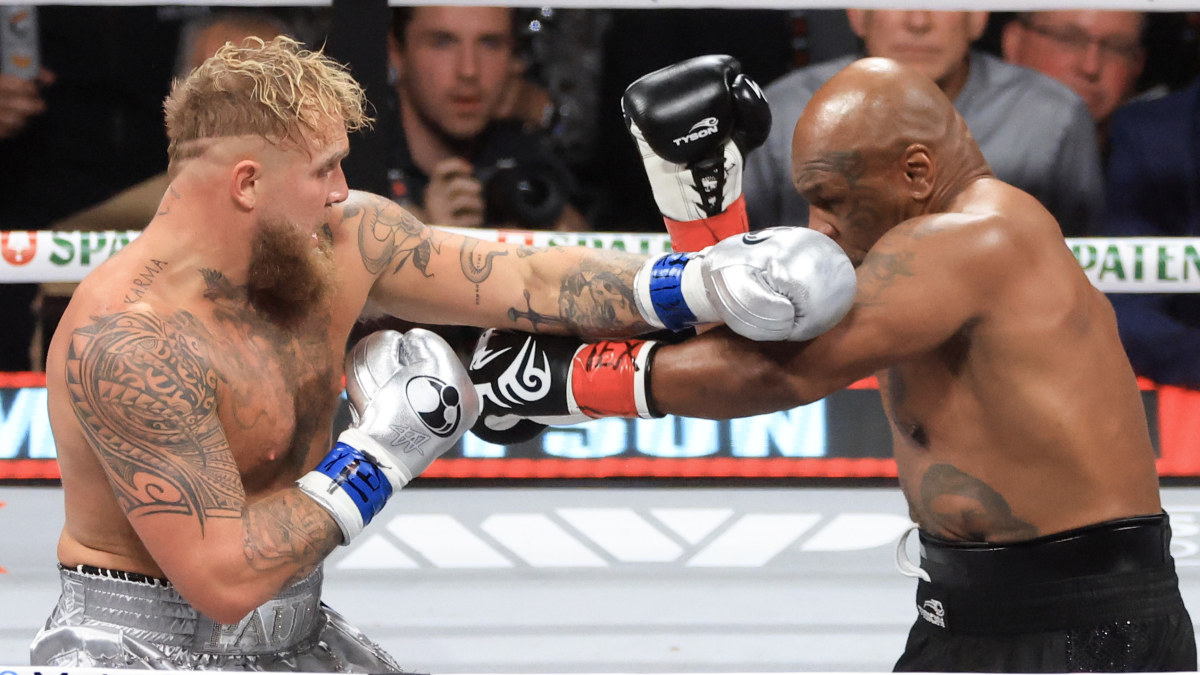Jurors convicted Richard Allen of two counts of murder and two additional counts of murder while committing or attempting to commit kidnapping in the 2017 slayings of 13-year-old Abigail Williams and 14-year-old Liberty German.

His trial followed repeated delays, leaked evidence, the withdrawal of Allen’s public defenders and their reinstatement by the Indiana Supreme Court.
Journalists in the courtroom said Allen, 52, did not react to the sentencing, but at one point he looked back at his family.
Allen’s sentencing is scheduled for December 20.
He could get up to 130 years in prison.
A crowd formed outside the courthouse as word of the verdict spread, and people on the sidewalk began to cheer as a handful of people filed outside.

Indiana State Police spokesman Capt. Ron Galaviz told The Associated Press that the judge’s gag order remains in place and believes it will remain in place until Allen is sentenced.
Allen’s attorneys left the courtroom Monday without making statements.
A special judge oversaw the case – Superior Court Judge Fran Gull, who came with the jurors from Allen County in northeastern Indiana.
Seven women and five men were jailed during the trial, which began Oct. 18 at the Carroll County seat in Delphi, the girls’ hometown of about 3,000 in northwest Indiana, where Allen also lived and worked.

Carroll County Prosecutor Nicholas McLeland noted in his closing argument that Allen had repeatedly confessed to the murders – in person, on the phone and in writing.
In one of the tapes he played back to the jury, Allen could be heard telling his wife, “I did it. I killed Abby and Libby.”
McLeland also said Allen is the man seen following the teenagers in grainy cell phone video taken by one of the girls as they crossed an abandoned railroad track called the Monon High Bridge.
“Richard Allen is the Bridge Guy,” McLeland told jurors.
“He kidnapped them and later killed them.”
McLeland said Allen’s voice can be heard on the video telling the teenagers: “Down the hill” after they crossed the bridge on February 13, 2017.
Their bodies were found the next day, with their throats cut, in a nearby forest.

The investigator testified that Allen told him and another officer that on the day the teenagers disappeared, he was wearing a blue or black Carhartt jacket, jeans and a cap — similar clothing to what the man photographed on the bridge was wearing.
McLeland said the unused bullet found between the teenager’s bodies was “put through” Allen’s Sig Sauer .40-caliber handgun.
An Indiana State Police firearms expert told the jury that her analysis linked the bullet to Allen’s gun.
But a firearms expert called by the defense questioned the state police’s analysis of the bullet, and attorney Bradley Rozzi dismissed it as a “magic bullet,” saying investigators made an “apples-to-oranges” comparison of the unspent bullet to the one fired from Allen’s gun .
Allen was arrested in October 2022.
He became a suspect after a retired civil servant who volunteered to help police in September 2022 found documents showing Allen contacted authorities two days after their bodies were found.

That paperwork showed Allen told the officer he was on a hiking trail the afternoon the girls disappeared, according to testimony.
Allen’s defense argued that Allen’s confessions were unreliable because he was facing a serious mental health crisis while under the pressure and stress of being held in solitary confinement, watched 24 hours a day and ridiculed by the people who were incarcerated with him.
A psychiatrist called by the defense testified that months spent in solitary confinement can make a person delirious and psychotic.
Allen’s psychologist at Westville Correctional Institution said Allen told her he planned to rape the teenage girls, but stopped after a van passed nearby.
A man whose driveway runs under the Monon High Bridge said he was driving home from work in his van around that time.
That van, McLeland told jurors in closing arguments, was a detail “only a killer would know.”
Allen’s prison psychologist, dr. Monica Wala, testified that he gave details of the crimes in some confessions, including telling her he cut the girls’ necks and placed branches over their bodies.

During cross-examination, Wala admitted that she had followed Allen’s case with interest during her private time even while treating him and that she was a fan of the true crime genre.
In his closing argument, Rozzi said that Alen is innocent.
He said no witnesses specifically identified Allen as the man seen on the hiking trail or bridge the afternoon the girls disappeared.
And he said no fingerprints, DNA or forensic evidence linked Allen to the scene of the murder.
“He had every opportunity to run, but he didn’t because he didn’t,” Rozzi told jurors.
Before the trial began, Allen’s lawyers tried to argue that the girls were killed in a ritual sacrifice by members of a white nationalist group known as Odinists who follow a pagan Norse religion, but the judge ruled against that, saying the defense had “failed to present admissible evidence” of such a connection.

